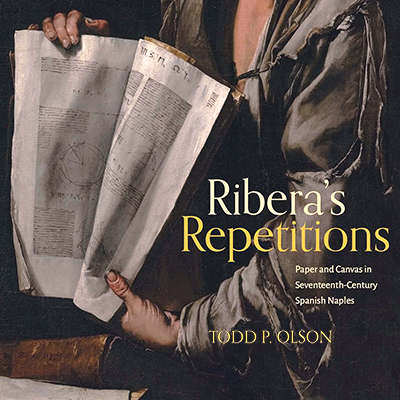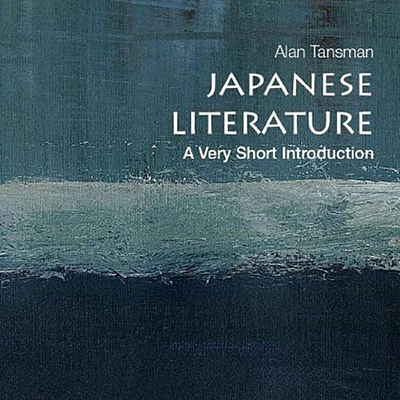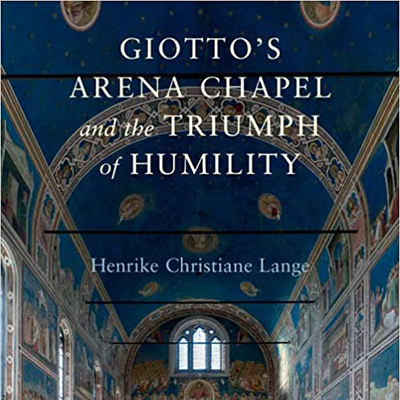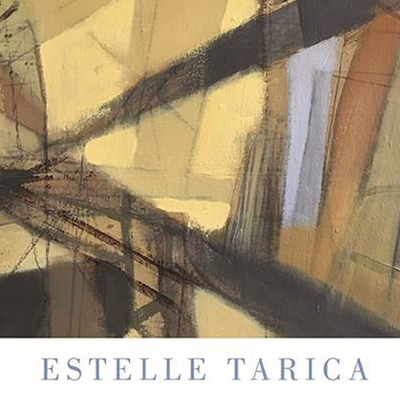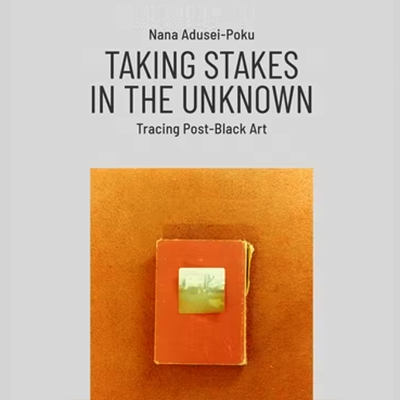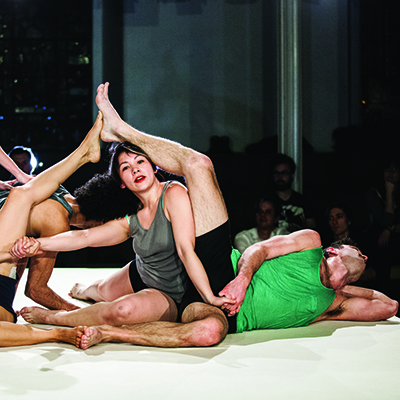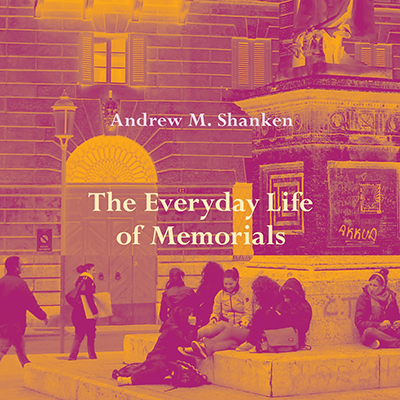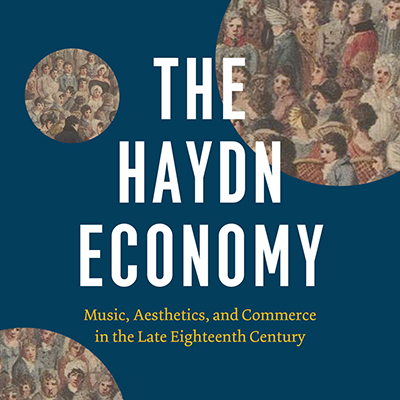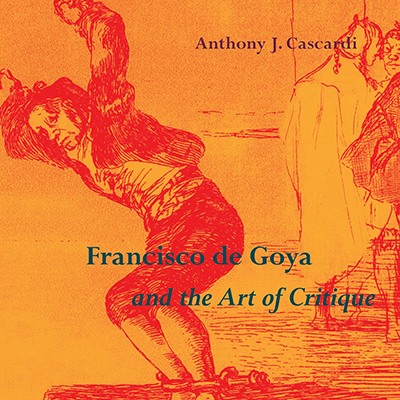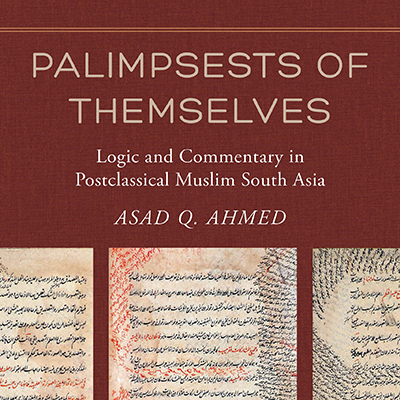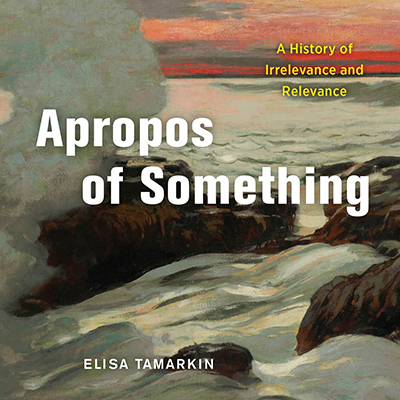The Townsend Center presents a lunchtime series celebrating the intellectual and artistic endeavors of the UC Berkeley faculty. Each Berkeley Book Chat features a faculty member engaged in conversation about a recently completed publication, performance, or recording. The series highlights the extraordinary breadth and depth of Berkeley’s academic community.
Ribera’s Repetitions: Paper and Canvas in Seventeenth-Century Spanish Naples
Todd Olson sheds new light on the complexity of Jusepe de Ribera’s artwork and artistic methods and their connections to the Spanish imperial project.
Past Events
Alan Tansman traces the rich history of Japanese literature, which encompasses a vast range of forms and genres stretching back nearly 1500 years.
Henrike Lange examines one of the most celebrated monuments in the world, offering new readings of the work and asking fundamental questions about its place in Western art history.
Estelle Tarica examines how community leaders, writers, and political activists facing state repression in Latin America have used Holocaust terms to describe human rights atrocities in their own countries.
Nana Adusei-Poku examines the socio-historical and cultural context of the term “post-black” and its use in defining the work of artists who resisted being labeled as “black artists.”
In this collection of essays spanning her career, Shannon Jackson explores a range of disciplinary, institutional, and political puzzles that engage the social and aesthetic practice of performance.
In his study of the ordinary — and oftentimes unseen — lives of memorials, Andrew Shanken explores the relationship of commemorative monuments to the pulses of daily life.
The Haydn Economy: Music, Aesthetics, and Commerce in the Late Eighteenth Century
Analyzing the final three decades of Haydn’s career, Nicholas Mathew uses the composer as a prism through which to examine urgent questions across the humanities.
In his innovative study of Goya's body of work, Anthony Cascardi argues that the artist is engaged in a thoroughgoing critique of the modern social and historical worlds.
Palimpsests of Themselves: Logic and Commentary in Postclassical Muslim South Asia
Asad Ahmed offers an intervention in current discussions about the fate of philosophy in postclassical Islamic intellectual history.
In her history of the idea of "relevance" since the 19th century, Elisa Tamarkin explores the term as a means to grasp how something once disregarded, unvalued, or lost becomes interesting and important.
